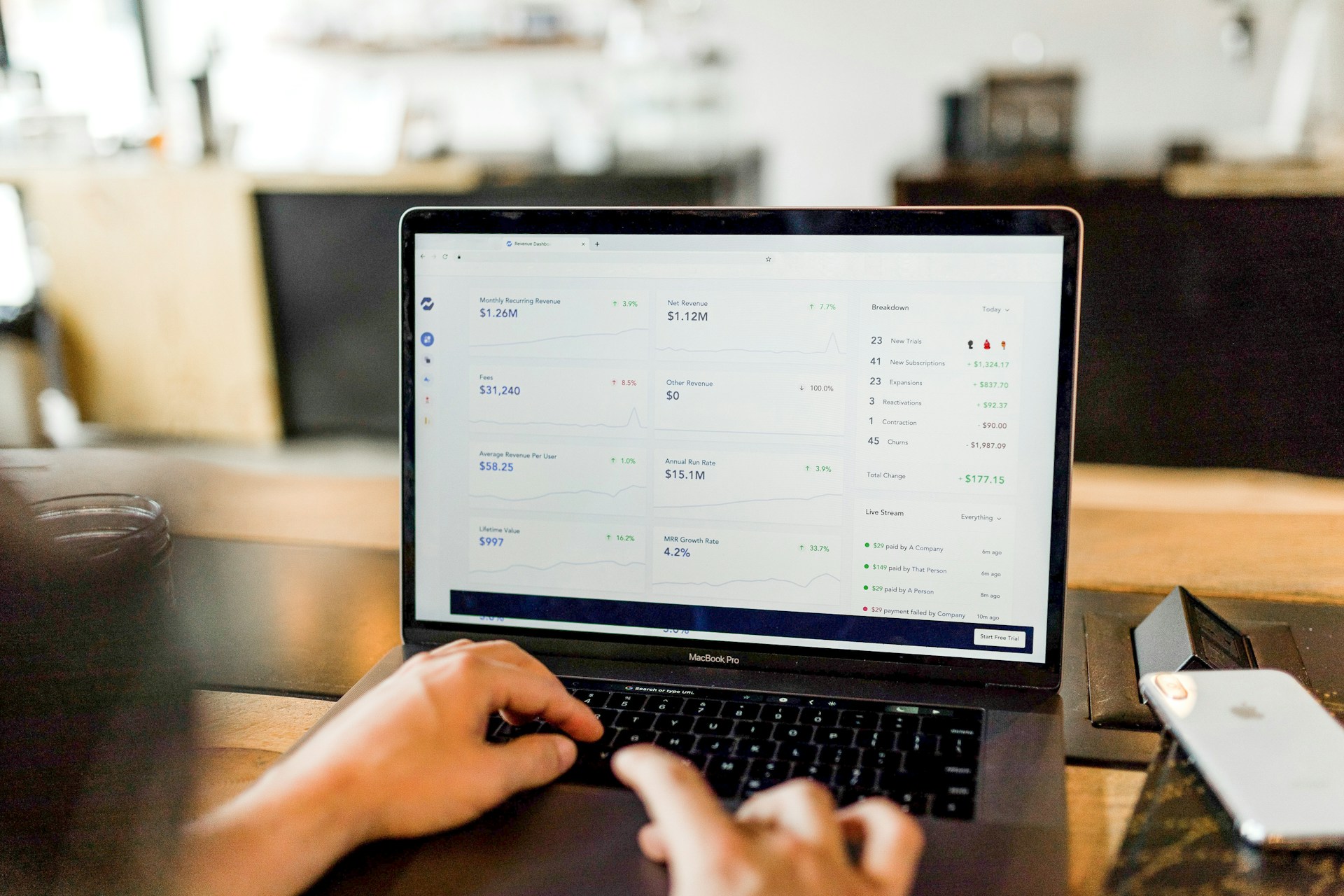Three Common Methods for Pre-Revenue Startup Valuation

Pre-revenue start-up valuation needn’t be a mystery! 🚀 💲 Here are the three most common start-up pre-money valuation methods:
💰 The Scorecard (aka Bill Payne) method
Starts from average start-up valuation (for comparable stage, industry, size, …), and multiples it by a subjective weighted factor that considers team, timing, size of the opportunity, technology/product (e.g. IP, network effects, …), competitive environment (e.g. barriers to entry), partnerships/sales/rollout, … (and sometimes a bit more)
An example 🔎:
Pre-revenue startups similar to startup A are valued on average at $1.86M. We subjectively assign the following weights (must sum up to 100%) to the following factors: team (35%), timing & size of the opportunity (25%), technology/product (20%), competitive environment (10%), partnerships (10%).
We then score the startup on these metrics relative to the industry average: team (140%), timing & size of the opportunity (150%), technology/product (89%), competitive environment (67%), partnerships (81%).
Weighting these scores and summing up, we obtain a multiplier for the pre-money valuation relative to industry average: 140%*35% + 150%*25% + 89%*20% + 67%*10% + 81%*10% = 1.191. Finally, the pre-money valuation for this startup is: 1.86*1.191 = $2.215M.
| Weights | Score | Weights * Score | |
|---|---|---|---|
| Team | .35 | 1.40 | .35*1.40=.49 |
| Timing & Opportunity | .25 | 1.50 | .25*1.50=.375 |
| Technology | .20 | .89 | .20*.89=.178 |
| Competitive Environment | .10 | .67 | .10*.67=.067 |
| Partnerships | .10 | .81 | .10*.81=.081 |
| Total | 1.0 | 1.191 |
💰 The “VC” method
First determines the post-money valuation as terminal value / expected ROI. The pre-money valuation is then post-money valuation - investment.
An example 🔎:
Startup B anticipates exit in 5 years at $60M (based on current market data and future projections). VCs anticipate an ROI of 15x (this is commonly 10-30x, sometimes up to 100x for early stage investments). The post-money valuation is then 60/15 = $4M. Given a sought investment of $1M, the pre-money valuation of this startup is $3M.
💰 The Berkus method
Assigns value between 0 and $500k for the following five factors: team, idea, working prototype, board/strategic relationships/partnerships, rollout/sales.
An example 🔎:
Startup C has a very good and fast team ($400k), compelling idea ($300k), working prototype and a demo ($500k), has not established marketing/supplier relationships, but has sound board ($250k), and has not rolled out a product or receive first sale yet ($0). The pre-money valuation of this startup is 0.4 + 0.3 + 0.5 + 0.25 = $1.45M.
Resources 📖:
comments powered by Disqus